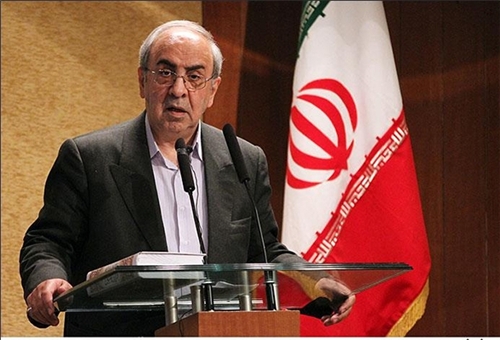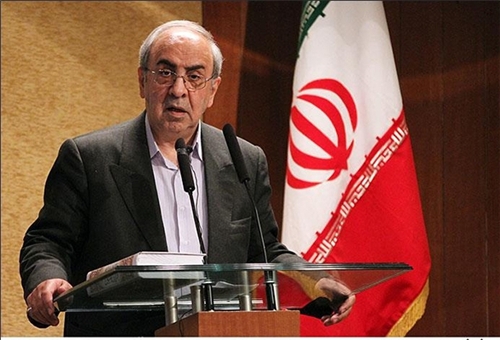 TEHRAN (FNA)- Iranian Deputy Oil Minister for Planning Mansour Moazzemi announced that the country has started a new set of cooperation with Russia and China to confront the sanctions imposed by the western states.
TEHRAN (FNA)- Iranian Deputy Oil Minister for Planning Mansour Moazzemi announced that the country has started a new set of cooperation with Russia and China to confront the sanctions imposed by the western states."We have started a serious job with the Chinese and Russians (in the energy sector) in such a strong way that the oil minister has now been appointed as the head of Iran-Russia joint economic commission instead of the foreign minister and we have started a good job to make use of the common capacities and capabilities," Moazzemi said in a press conference at the venue of the oil ministry on Monday.
"Russia is Iran's strategic partner and we will cooperate with them in any area we can, including oil," he added.
"We have also started a serious job with the Chinese which will be revealed to the public in the future," Moazzemi said.
He underlined that Iran's cooperation with Moscow and Beijing is aimed at confronting the western sanctions against Iran, and said, "It is natural for Iran to be willing to bypass the sanctions, and don't want to be stopped behind the dam of the sanctions and make use of every method to break it."
Iran and Russia are expected to sign an agreement to strengthen economic cooperation, another deputy oil minister said today.
Ali Majedi said the agreement is to be signed by Iranian Oil Minister Bijan Namdar Zanganeh and Russian Energy Minister Alexander Novak on Tuesday.
A Russian delegation is in Tehran to attend the 11th meeting of Iran-Russia Trade Council.
Majedi said the council is to discuss energy, transportation, banking, industry and mining, agriculture and insurance fields on Monday.
Zanganeh said recently that Tehran-Moscow economic cooperation faced no restrictions.
�There are no restrictions for Iran in cooperating with Russia in different economic sectors,� he said.
Also, Iran is currently China's third largest supplier of crude, providing Beijing with roughly 12 percent of its total annual oil consumption.
A senior energy official announced in August that Iran was cooperating with renowned Chinese and German energy firms in its shale gas and oil projects.
"We are negotiating with Germany to use their advanced technology for the hi-tech section of Lorestan shale projects," Hormuz Qalavand, the exploration director of the National Iranian Oil Company (NIOC), told FNA.
Qalavand noted that Iran was also cooperating with a Chinese company on the hi-tech parts of its gas hydrate project in the Sea of Oman.
Iran has vast shale oil and gas reserves in the West and the South. While some market analysts believe that shale oil and gas reserves might endanger market prices for conventional oil and gas, Iran's oil minister said he does not see the situation this way.
In January, Zanganeh said he did not perceive shale or tight oil as a threat to OPEC.
Oil shale, also known as kerogen shale, is an organic-rich fine-grained sedimentary rock containing kerogen (a solid mixture of organic chemical compounds) from which liquid hydrocarbons called shale oil (not to be confused with tight oil�crude oil occurring naturally in shales) can be produced.
Shale oil is a substitute for conventional crude oil; however, extracting shale oil from oil shale is more costly than the production of conventional crude oil both financially and in terms of its environmental impact.
Deposits of oil shale occur around the world, including major deposits in the United States. Estimates of global deposits range from 4.8 to 5 trillion barrels of oil in place.
By Fars News Agency
The Iran Project is not responsible for the content of quoted articles.











